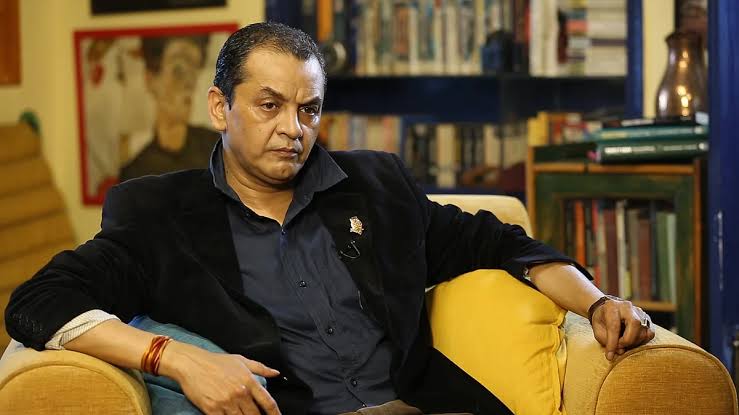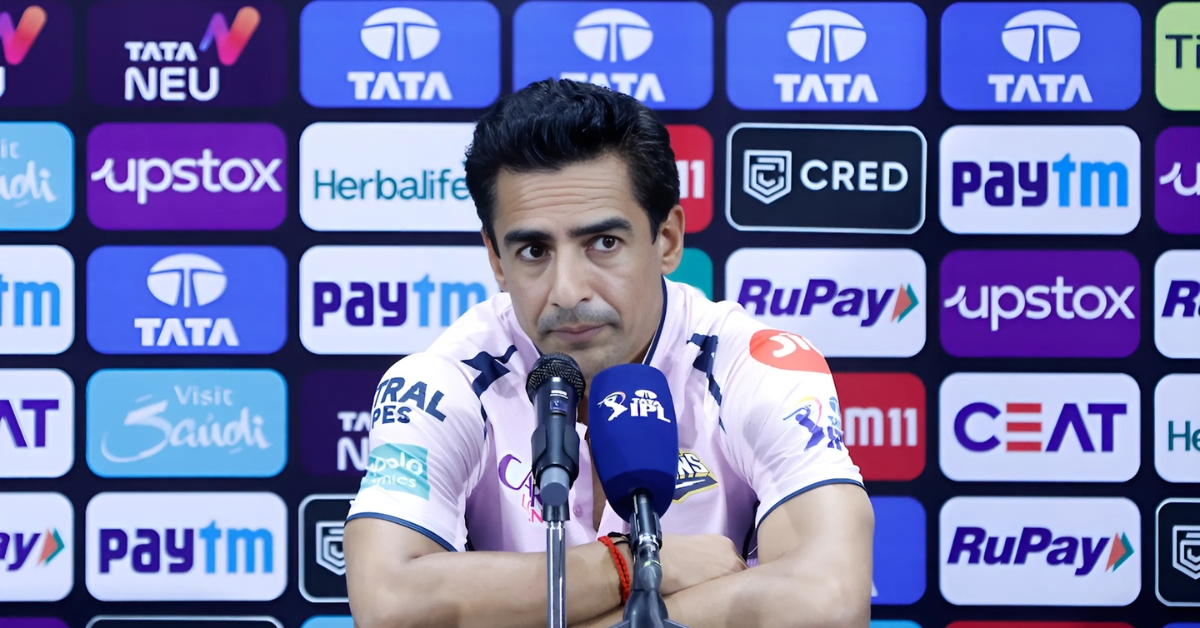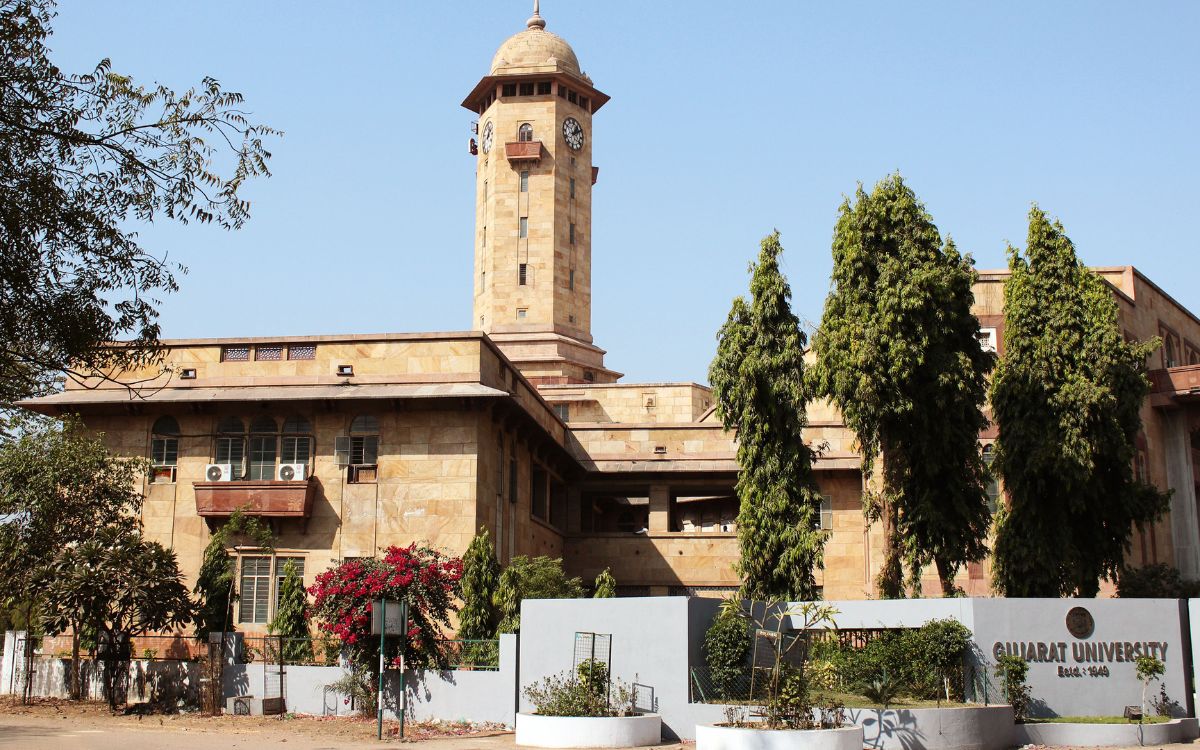Sankarshan Thakur, a formidable figure in Indian journalism and the celebrated editor of The Telegraph, died on Monday at 63. His death followed a prolonged illness, according to sources close to his family. As a distinguished political reporter, author, and columnist, Thakur’s four-decade career profoundly influenced the media landscape, offering incisive analysis during pivotal moments in the nation’s history.
Thakur’s extensive career began in 1984 at SUNDAY magazine before he moved into key roles at the country’s most significant publications. He served as an Associate Editor at The Indian Express and later at The Telegraph, where his sharp political commentary gained prominence.
A key member of the team that launched Tehelka in 2004, he served as its Executive Editor. His commitment to the field earned him the Prem Bhatia Award for excellence in political journalism in 2001 and the Appan Menon Fellowship in 2003. His professional journey culminated in his 2023 appointment as editor of The Telegraph, the Kolkata-based daily where he had two memorable stints.
Also Read: Karnataka High Court grants security guard’s family justice after 13 years
Chronicler of India’s most complex regions
Thakur was highly respected for his courageous and insightful reporting from some of India’s most politically intricate states, particularly Bihar and Kashmir. He possessed a rare ability to untangle their complex socio-political dynamics for a national readership.
His dispatches from the 1999 Kargil War are frequently cited as a powerful example of his clear-eyed reportage from a conflict zone, providing a human perspective on the events.
He translated his deep understanding of Bihar’s political theatre into several acclaimed books that have become essential reading on the region. These include The Making of Laloo Yadav, The Unmaking of Bihar (later retitled Subaltern Sahib), Single Man: The Life And Times of Nitish Kumar of Bihar, and The Brothers Bihari.
Through his writing, Thakur chronicled the rise and rivalry of the state’s most powerful figures, offering crucial context on its evolution for a broader audience.
Also Read: Man Utd legend explains why Benjamin Sesko will ‘struggle’
A legacy of principle and sharp wit
Tributes from colleagues and public figures have highlighted a journalist revered for his intellectual rigour and unwavering principles. Congress leader Jairam Ramesh remembered him as a “delightfully brilliant writer” and an “incisive analyst” who was also a steadfast defender of a liberal and pluralistic India.
In newsrooms across the country, many younger journalists looked to him as a mentor and a standard-bearer for fearless reporting in an often challenging environment.
His widely read weekly column, “Lazy Eye,” was a masterclass in combining penetrating insight with sharp wit to dissect contemporary events. For a generation of readers, Thakur’s voice was an indispensable guide to making sense of a rapidly changing nation.




